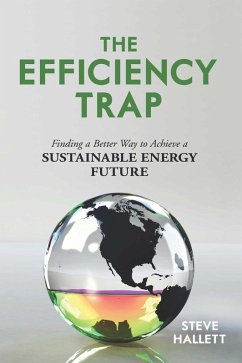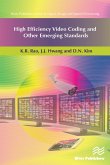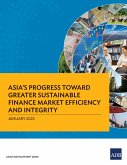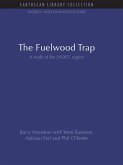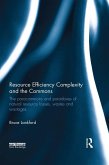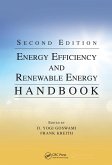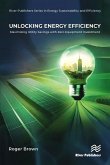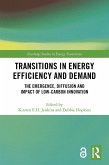How do we avoid this trap? Hallett suggests that we focus on protecting natural resources, ecosystems, and social systems by making them more resilient. Knowing that we have reached limits to growth, we should work to decentralize energy-delivery services to give homes and communities some measure of independence. We can also build more sustainable food systems by diversifying the food-production landscape to address the vulnerabilities of the current supply chain.
Efficiency does have its place in specific areas such as recycling and home insulation, but it will not work as a long-term approach to our energy dilemma. Yet recognizing the inevitable limits to our growth and the shortcomings of our current approach to addressing our dwindling resources is a necessary first step toward the establishment of sound environmental policy.
This realistic appraisal of current environmental thinking will challenge environmentalists and industrialists alike.
Dieser Download kann aus rechtlichen Gründen nur mit Rechnungsadresse in A, B, BG, CY, CZ, D, DK, EW, E, FIN, F, GR, HR, H, IRL, I, LT, L, LR, M, NL, PL, P, R, S, SLO, SK ausgeliefert werden.

